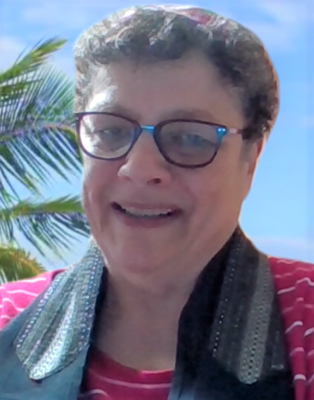Date/Time
Date(s) - 06/18/2021
6:30 pm - 8:00 pm
Categories
 Now You Know It, Now You Don’t; You Will Do It, No, You Won’t; It is Perfect, It is Not: Snakes Abound, Parshat Chukat
Now You Know It, Now You Don’t; You Will Do It, No, You Won’t; It is Perfect, It is Not: Snakes Abound, Parshat Chukat
Despite the Dr. Seuss-style title of the drash, this quick look at Parshat Chukat focuses on the serious topic of how Judaism, in general, and Torah study, in particular, often require a high level of tolerance of ambiguity. Not only do we learn to look at something from more than one perspective, but we are often asked to keep seemingly opposing viewpoints in mind at the same time. In this action-packed Parshah, the ashes of the red heifer are used to purify people; Moses angrily procures water for the people but subsequently learns he will not enter the Promised Land; and both Moses’ sister, Miriam, and his brother, Aaron, die. If there were not enough thrills already, Moses is told to place a gold serpent upon a high pole, and all who gaze heavenward will be cured, which, of course, gives us the symbol of the American Medical Association. This d’var Torah proffers a few new insights on several important, often discussed events and symbols and proposes how we might find relevance to life in 2021 herein.
Shari Joy Berman is a Special Associate Professor at the Hirosaki University Graduate School of Medicine in Northern Japan during the week. On the weekends, she welcomes Shabbat on Friday night, online, in her time zone with the Tokyo Jewish Community of Japan (JCJ) at 5/5:30pm and bids Shabbat farewell at 9/9:30am Sunday after rolling out of bed for about three hours of Torah Study or services with her home congregation, Kona Beth Shalom (KBS). She led services between July and November 2020 (some B’nei Mitzvah ceremonies and practice sessions in very small groups in person) when the JCJ was between rabbis,
Shari has been teaching English, editing, and translating from Japanese to English for more than 40 years. After specifically working with doctors for 39 years+, she began to work exclusively teaching medical English and editing medical articles in April 2020. Her original plan was to create an English learning center for medical students, but in-person classes were put on hold, so she began to prepare and critique preoperative conferences held in English twice a week and reimagine the teaching online. Until 2020, she was able to lead regular services lead/be the cantorial soloist for High Holy Day services, meeting with KBS two or three times a year, but now she sees the congregants every week. So, her favorite joke has become: “I play a doctor on TV from Monday to Friday, and a rabbi on TV from Friday night to Sunday.”
Until she returned to Japan to become a university professor in 2012 (she has lived in Japan on and off starting with a year as a child and then for more than half of her adult life), she was president of KBS (five years) and led monthly ma’ariv and shacharit services. After she left, they went to monthly shacharit only. Shari recently enrolled in rabbinical school and will be ordained approximately one year from now. She is very much looking forward to learning with the congregants of TAO.





